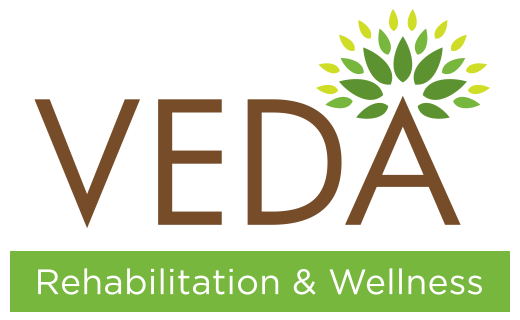Incorporating Complex Post-Traumatic Stress Disorder (CPTSD)-informed therapy is vital due to the unique challenges posed by prolonged exposure to trauma. CPTSD encompasses a complex range of symptoms, extending beyond typical PTSD experiences. Tailoring therapy to address the multifaceted impact of trauma on identity, self-esteem, and relationships allows for a more nuanced and effective approach. CPTSD-informed therapy fosters a safe space for individuals to navigate and heal from their experiences, promoting resilience and overall well-being. It recognizes and targets the enduring effects of complex trauma, facilitating a more efficient path to recovery.
Here is the information on common approaches to CPTSD treatment in India.
1. Psychotherapy:
- Cognitive-behavioral therapy (CBT): CBT is a popular therapeutic modality that assists patients in recognising and altering maladaptive thought and behaviour patterns. It frequently works well to treat symptoms associated with trauma.
- Eye Movement Desensitization and Reprocessing (EMDR): This type of psychotherapy is useful for treating trauma because of its specialized nature. It entails directed eye movements while recalling traumatic experiences.
2. Dialectical Behavior Therapy (DBT):
DBT blends mindfulness practices with cognitive-behavioural methods. It is frequently applied to assist people in bettering their interpersonal connections and controlling strong emotions. – DBT blends mindfulness practices with cognitive-behavioural methods. It is frequently applied to assist people in bettering their interpersonal connections and managing strong emotions.
3. Medication:
To treat symptoms like depression, anxiety, and mood swings, doctors may prescribe psychiatric drugs like antidepressants or anxiety suppressants. A psychiatrist will assess each patient’s unique symptoms and requirements to determine the best course of treatment.
4. Support Groups:
For those with CPTSD, support groups can offer a sense of belonging and understanding. Mental health professionals or organizations may lead these trauma support groups.
5. Mindfulness and Yoga:
Exercises that encourage relaxation, self-awareness, and emotional control, such as yoga and mindfulness meditation, can enhance conventional therapeutic methods.
6. Holistic Approaches:
Holistic methods like music therapy, art therapy, or alternative therapies like acupuncture can provide relief for certain people. These methods are frequently added to more conventional treatment plans.
7. Cultural Sensitivity:
Mental health practitioners in India are realizing more and more how crucial cultural sensitivity is to effective care. To build stronger relationships with clients and comprehend how cultural influences shape their experiences, therapists might incorporate culturally relevant components into their treatments.
Veda Wellness Centre, which has locations across Mumbai, Bangalore, and Delhi. VEDA offers a range of mental health services, including psychotherapy, holistic approaches, and culturally sensitive interventions to support individuals dealing with CPTSD. For more information, you can visit the website or contact please feel free to call +918151830000 directly to inquire about specific programs and services.

